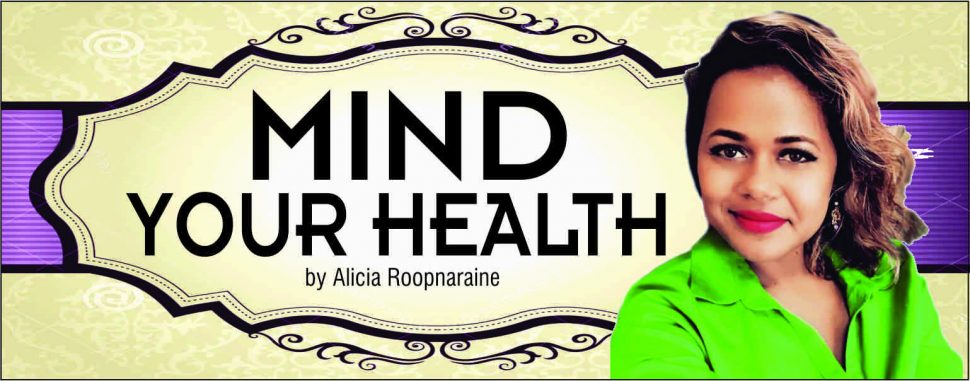Across the world people are protesting the murder of George Floyd by the police in the United States. The world agrees that this man was killed because of his skin colour and what he “represents” as a black man in American society. But the protests are just a culmination of people fed up of African Americans being murdered by the police and being targeted because of the colour of their skin.
The Black Lives Matter Movement has grown across the globe but not without some expected push back. Opponents of the BLM movement say “All Lives Matter” and while we can fully agree with that statement, the point being made by the movement is that Black lives have meant less globally. History has shown that blacks have been given the short end of the stick. They were enslaved; literally taken from their homelands, robbed of their cultures and made to work for nothing. After that, they were never given a fair opportunity to get a share of the proverbial “pie” and have always had to work that much harder in life to make ends meet. So yes, the BLM is about fighting for equal rights for people who are discriminated against for being black; who are disadvantaged because of where they grow up and if they do make it in life, they never become as successful as their white counterparts. The BLM is just an example that I’ve chosen to use to highlight the struggles of “the minority.”
The truth is that racism exists globally but some societies are just better at hiding it than others. In some “developed” countries, anything that is considered non-white is not good enough.
And in Guyana, the land of “six people”, make no mistake, we suffer greatly from racism. The members of some races believe themselves superior to others, and if you’re black, you’re automatically viewed by some to be “a thief” or “ghetto”, or if you’re Indian some believe “you would sell your mother for money” and if you’re Amerindian “you’re stupid.” And whether we like to admit it or not, we all contribute to the disease of racism without even knowing it.
The psychological term for these deep-seated biases of which people are completely unaware is known as implicit bias and it influences the way we react to each other and has unintended discriminatory consequences.
So even though we might believe we aren’t racist, here are some examples that actually prove that we hold inherent biases and prejudices against others:
Friends of the same race: How many of us have three to five close friends who are a different from our own race? You just paused to think about it didn’t you? Your closest friends are probably people of the same race as you and your justification to yourself is that you’ve chosen your friends based on what you have “in common.”
Fear/avoidance of certain neighbourhoods: If you’ve found yourself being afraid to venture into neighbourhoods because you assume you might be robbed or raped, it means that you have stereotyped a “certain set of people” into a category without even realising it.
Fear of dark skin: Let’s be real. It has been engrained in many of our psyches, either explicitly or implicitly, that black is bad and that black is ugly, so we do everything in our power to ensure that we keep our skin looking as “clear” as possible. Are you really using that umbrella because the sun is hot or is it that you’re trying to prevent your skin from getting dark? We have also somehow convinced ourselves that bleaching creams are only used to remove “dark blemishes”. How many times have you heard a person say “she nice for a dark skin girl or “he woulda look better with some colour?”
Reference by race: An extremely common behaviour here is our seeming inability to refer to someone without mentioning their race. Here are a few examples: “The police who stopped me was a tall Black man or “my teacher is a fat Indian lady. Does anyone ever care what the ethnicity of the policeman or teacher was?
Now that we’ve discovered a few ways in which we may have been inadvertently racist or prejudiced in some form or fashion, it may do us well to reflect on our behaviours and correct this by changing those behaviours and attitudes which will allow us to be more tolerant and respectful of everyone, irrespective of their race or skin colour. Taking some time to learn about our history will also help us to better understand these biases. A good reference can be found in Walter Rodney’s “A history of the Guyanese Working People.”
Alicia Roopnaraine is a Psychologist at the Georgetown Public Hospital Corporation’s Psychiatric Department. You can send questions or comments to her at [email protected]









